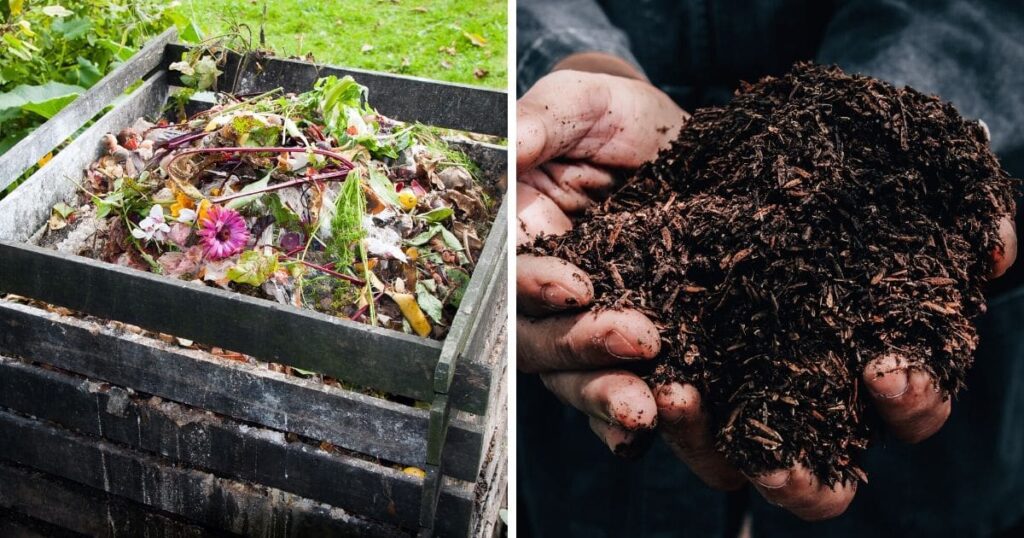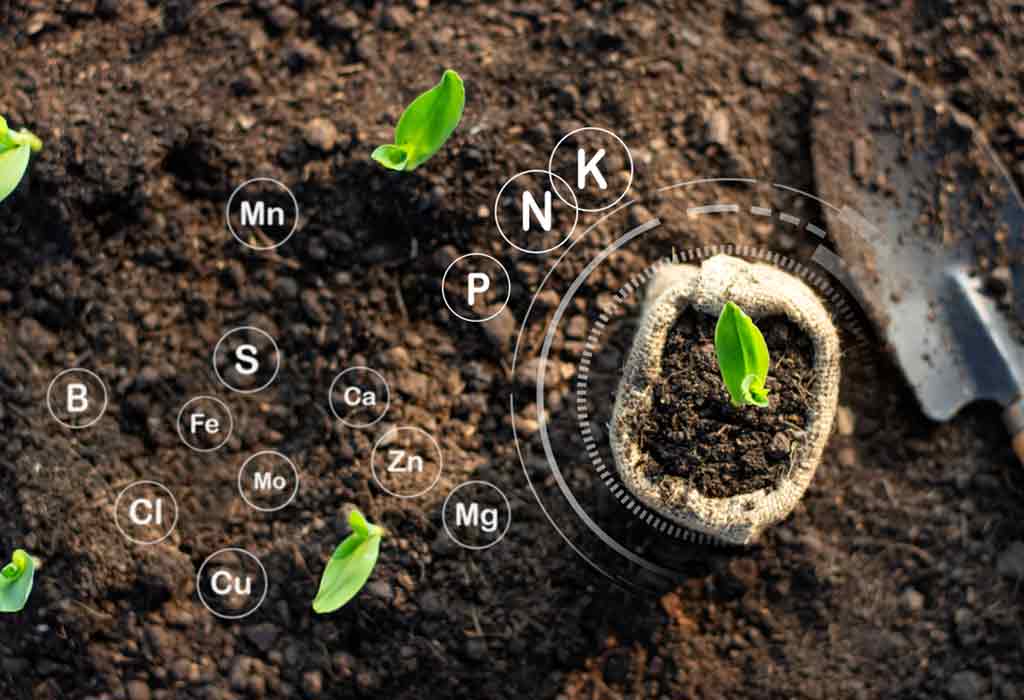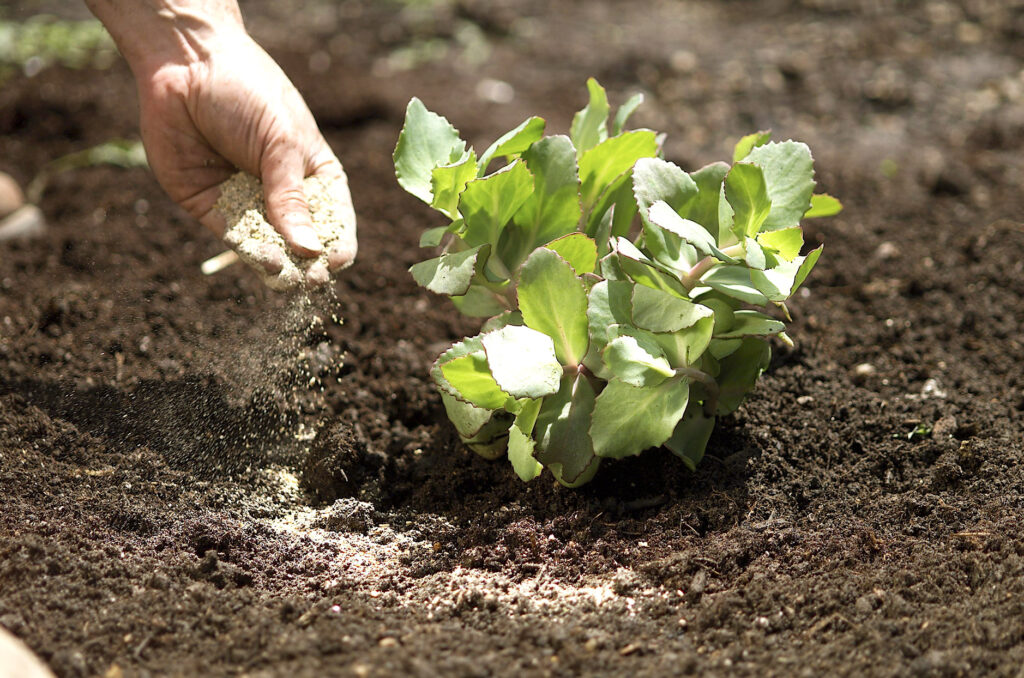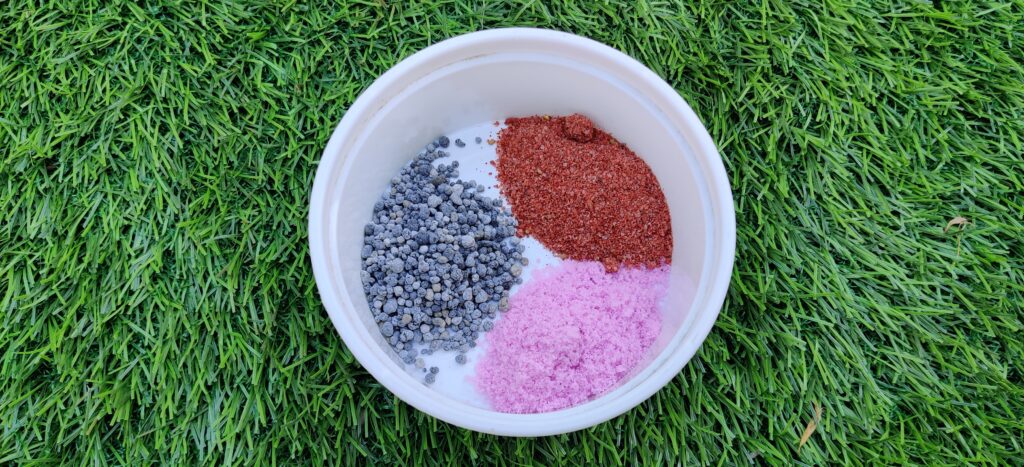A fertilizer or fertiliser is any material of natural or synthetic origin that is applied to soil or to plant tissues to supply plant nutrients.
organic fertilizers
Organic fertilizers are naturally available mineral sources that contain moderate amount of plant essential nutrients. They are capable of mitigating problems associated with synthetic fertilizers. They reduce the necessity of repeated application of synthetic fertilizers to maintain soil fertility.naturally occurring organic fertilizers include manure, slurry, worm castings, peat, seaweed and guano. Green manure crops are also grown to add nutrients to the soil. Naturally occurring minerals such as mine rock phosphate, sulfate of potash and limestone are also considered Organic Fertilizers

Typical organic fertilizers include mineral sources, all animal waste including meat processing, manure, slurry, and guano, plant based fertilizers, such as compost, and biosolids.The two types of fertilizers – inorganic and organic. In the broadest sense all types of fertilizers include any substance, living or inorganic which aids in plant growth and health.
make organic fertilizer at home
- First, segregate your household waste into dry and wet in your kitchen. …
- Secondly, put both these wastes in two different containers in the kitchen. …
- Then add dry leaves of the same quantity as the waste and semi-composted material, buttermilk or cow dung to start with the decomposition process

five of the best.
- Kelp. Kelp-based fertilisers contain potassium and a little nitrogen but the true benefits are the long-term effect they can have on your plants. …
- Cow manure. The most commonly used type of muck; cow manure is rich in nutrients that feed plants and soil alike. …
- Alfalfa meal. …
- Limestone.

inorganic fertilizer
Many can be applied directly such as anhydrous ammonia, urea, urea-ammonium nitrate solutions, triple superphosphate, ammonium phosphates, and muriate of potash (potassium chloride). Compound fertilizers are chemical or physical mixtures of the straight materials.

type of inorganic fertilizer
Inorganic nitrogen fertilizers come in many different forms, such as ammonium nitrate, potassium nitrate, calcium nitrate and urea. These fertilizers contain high levels of nitrogen, one of the most vital nutrients for plant growth.

inorganic
A chemical fertilizer is defined as any inorganic material of wholly or partially synthetic origin that is added to soil to sustain plant growth. Organic fertilizers are substances that are derived from the remains or byproducts of natural organisms which contain the essential nutrients for plant growth.

difference between organic fertilizer and inorganic
Organic fertilizers are natural, in that the nutrients they possess are strictly comprised of plant- or animal-based materials. Either byproducts or end products of natural processes. … Inorganic fertilizer is synthetic, comprised of minerals and synthetic chemicals. Inorganic nitrogen is commonly made from petroleum.

